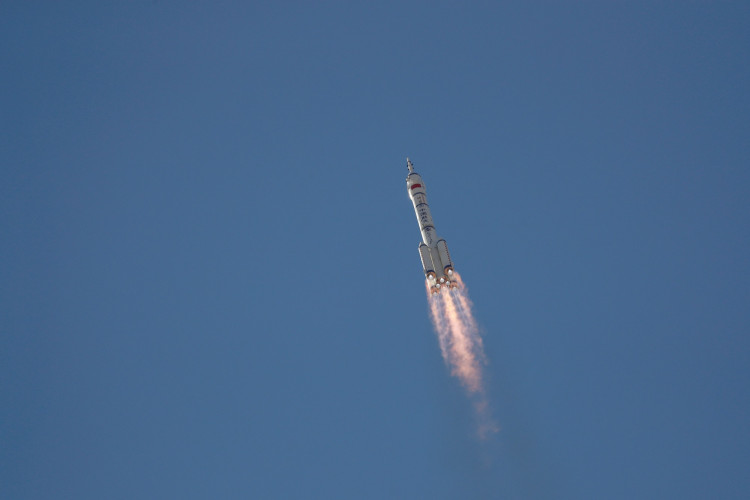For the first time, a homegrown South Korean rocket placed satellites into orbit. It's a significant achievement for the country, which has big space ambitions.
South Korea's homegrown Nuri rocket successfully sent satellites into orbit on Tuesday, marking a big step forward for the country's budding space program after a failed attempt last year.
The three-stage Nuri rocket, built by the government's Korea Aerospace Research Institute in collaboration with hundreds of local companies, took off at 4 p.m., Tuesday, from the Naro Space Center in Goheung, on South Korea's southwestern tip.
Seventy minutes after liftoff, South Korea announced that Nuri had successfully completed its mission of launching a 357-pound working satellite and a 1.3-ton dummy satellite into orbit 435 miles above the Earth.
So Tuesday's success was huge for South Korea, which wants to launch its own navigation satellite constellation and send probes to the moon, among other space goals.
"The road from South Korea to space has opened now," President Yoon Suk Yeol said after the launch. "It's the fruit of the difficult challenges of the past 30 years. Now, our Korean people and our young people's dream and hope will reach toward space."
The takeoff was broadcast live on all of the country's major television stations, as well as on YouTube science channels. The government and local media billed the Nuri mission as a historic event that would allow South Korea to gain a foothold in space technology, the latest high-tech market in which the country has decided to participate.
According to the Korea Aerospace Research Institute, only Russia, the United States, the European Union, China, Japan, and India had developed a space launch vehicle capable of carrying a satellite weighing more than a ton prior to South Korea's mission on Tuesday (KARI).
After numerous delays and failures, South Korea launched a satellite into orbit for the first time in 2013 for research and development purposes. However, the two-stage rocket used for that mission, Naro, was developed in collaboration with Russia. South Korea has spent nearly 1.9 trillion won ($1.5 billion) developing its own technology for the 200-ton Nuri, also known as the Korea Space Launch Vehicle-II.
Kwon stated that the successful Nuri launch would demonstrate that South Korea is also capable of launching a spy satellite into orbit.
Seoul currently does not have its own military reconnaissance satellites and relies on US spy satellites to monitor strategic facilities in the North.






